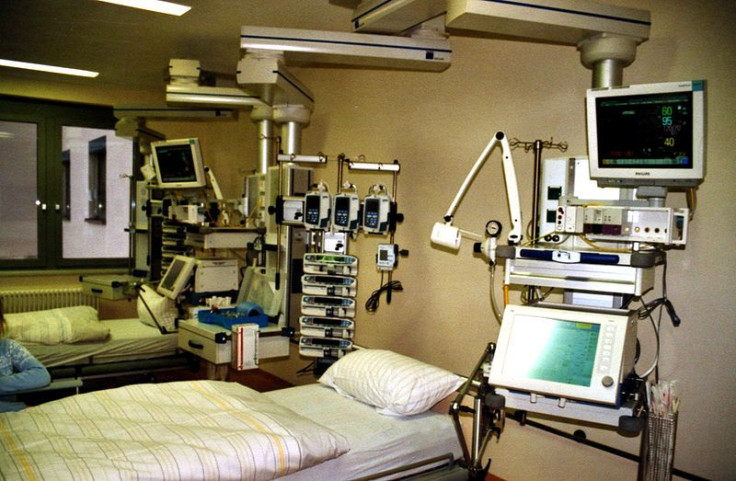US Hospitals Deport Sick Immigrants Back to Native Country Without Consent

A joint project from the Center for Social Justice at Seton Hall Law School and the Health Justice Program at New York Lawyers for the Public Interest charges that some US hospitals function as "unauthorized immigration officers" by deporting seriously ill or injured immigrant patients to their native countries.
Because secrecy surrounds these repatriations and neither federal nor state agencies are monitoring the situation, the number of occurrences is difficult to assess. Hospitals, non-governmental organizations (NGOs), journalists, and advocates have documented, the report states, more than 800 cases of attempted or successful medical repatriations across the United States.
Specifically, the report cites hospitals in Arizona, California, Florida, Georgia, Illinois, Maryland, Michigan, Nebraska, Nevada, New Jersey, New York, North Carolina, Ohio, Tennessee, and Texas.
These hospitals have been found to regularly send patients who lack health insurance back to their native countries, including El Salvador, Guatemala, Honduras, Lithuania, Mexico, the Philippines, and South Korea. In some cases, the receiving countries are not capable of providing the medical services necessary for patients' rehabilitation or survival.
Medical repatriation generally occurs when hospitals send critically injured or ill immigrant patients back to their native countries without their consent, the report explains. Hospitals often act alone though sometimes they work in concert with private transportation companies, which supply airplanes and ambulances to transfer the patients to facilities in the patients' native countries.
By law, hospitals are required to provide emergency medical care to patients regardless of their immigration status. In 1986 the US Congress passed the Emergency Medical Treatment and Active Labor Act (EMTALA) as part of the Consolidated Omnibus Reconciliation Act (COBRA), which primarily covered Medicare issues. The initial intent of the law was to ensure access to emergency medical care as well as to prevent patient dumping-transferring uninsured patients from private hospitals without consideration of their medical condition or stability for the transfer.
Significantly, this obligation to provide emergency care terminates once a patient is stabilized.
EMTLA defines stabilization in this way: "To provide such medical treatment of the condition as may be necessary to assure, within reasonable medical probability, that no material deterioration of the condition is likely to result from or occur during the transfer of the individual from a facility, or, with respect to an emergency medical condition described in paragraph (1)(B) [a pregnant woman who is having contractions], to deliver (including the placenta)."
At the point of stabilization, EMTALA requires hospitals to create a discharge plan and transfer patients to "appropriate facilities" that ensure the health and safety of the patient. Because many long-term care facilities, rehabilitation centers, and nursing homes cannot afford to accept the uninsured, many hospitals take matters into their own hands.
The Centers for Medicare and Medicaid Services is the body overseeing EMTALA enforcement. The joint project publication notes that the US has failed to provide an adequate process through which immigrants who are unlawfully repatriated can seek redress. "Hospitals should not be allowed greater leeway to violate immigrant patients' human rights than would be afforded to the governmental entities entrusted to control the admission and removal of noncitizens."
While there are some documented cases in which the hospital has admitted that it failed to obtain consent to transfer the patient abroad, immigration laws preclude the majority of unlawfully repatriated undocumented patients from returning to the US. Because the hospitals circumvent immigration proceedings, the repatriated immigrants are denied the right to due process guaranteed by international human rights law.
"Discharge, Deportation and Dangerous Journeys: A Study on the Practice of Medical Repatriation" was published in December 2012.



























